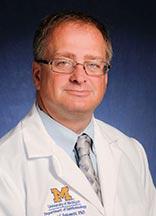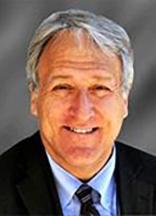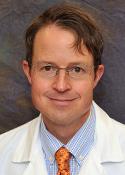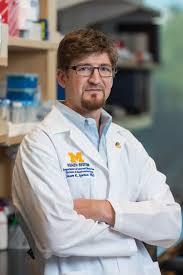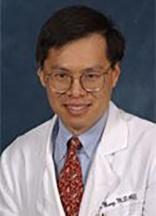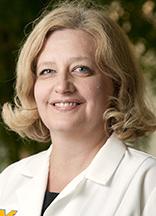Professor, Neurology
Professor, Molecular & Integrative Physiology
The Wang laboratory focuses on the molecules that participate in neuronal injury, with a specific interest in genetic causes of stroke and molecular mechanisms of neuroprotection. Specifically, we investigate (1) Pathogenesis of CADASIL / Regulation of Notch 3 signaling, (2) Nuclear receptor signaling in stroke, (3) Effects of stroke on sleep and circadian rhythms, and (4) BMP regulation of dendritogenesis.
Dr. Wang is NOT accepting fellows for Summer 2024.
